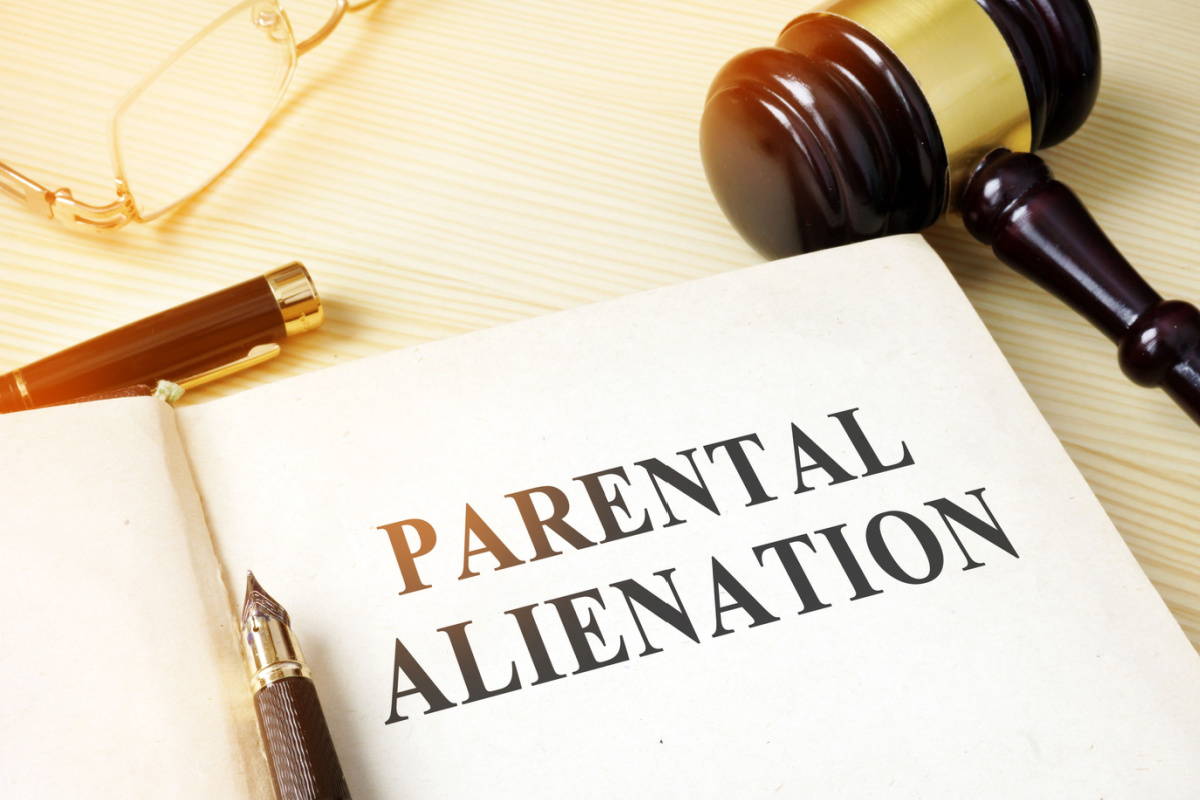Parental alienation has gained attention in recent years, especially in the context of custody battles. It refers to a situation where one parent deliberately manipulates a child to turn them against the other parent. Often, this manipulation is subtle, making it difficult to detect and address. Parental alienation can have long-lasting emotional and psychological effects on a child, complicating an already tense family dynamic. Understanding the signs, impact, and legal remedies is important for parents who suspect they are victims of such manipulation.
Identifying Red Flags: Subtle Indicators of Parental Alienation
Detecting parental alienation often involves picking up on subtle cues which may not be immediately obvious. One parent might constantly belittle the other in front of the child or make disparaging remarks about them. In some cases, the alienating parent may go as far as to interfere with visitation schedules or withhold important information about the child’s life. Another sign could be a sudden change in the child’s behavior or attitude towards the targeted parent. For example, a child who was once close to both parents might start to withdraw from one, refusing to spend time with them or even making negative comments about them.
Emotional Impact: How Parental Alienation Affects Children
Parental alienation doesn’t just strain the relationship between parents; it also has a significant emotional toll on the children involved. When a child is manipulated to distance themselves from one parent, feelings of confusion, guilt, and sadness often follow. Over time, these emotional burdens can manifest in various ways, such as poor academic performance, behavioral issues, or even depression. The child may also develop a skewed perception of relationships, making it difficult for them to form healthy bonds in the future. A cycle of emotional harm going well into adulthood, affecting not just the child but also their future relationships and family dynamics.
Gathering Evidence: Documenting Instances of Alienation
Collecting evidence is a key step in addressing parental alienation. One common method is to maintain a detailed journal logging instances of alienating behavior. In these entries, parents can note the date, time, and specifics of each incident, such as canceled visits, derogatory comments made in front of the child, or any attempts to interfere with communication between the child and the targeted parent. Text messages, emails, and other written correspondence can also serve as valuable evidence. In some cases, testimonials from neutral third parties, like teachers or family friends, may be helpful. Audio or video recordings can be powerful, but it’s important to be aware of state laws regarding consent for recording conversations. By systematically gathering evidence, parents can build a stronger case to demonstrate the presence and impact of parental alienation.
Expert Opinions: Role of Psychologists and Child Specialists
In cases of suspected parental alienation, the insights of psychologists and child specialists can be invaluable. These professionals are trained to assess the emotional and psychological well-being of children and can provide an objective evaluation of the family dynamics. Through interviews, observations, and psychological testing, they can identify signs of alienation and its impact on the child. Their findings often carry weight in court proceedings, serving as an impartial voice to focus on the child’s best interests. Moreover, these experts can offer coping strategies for both the child and parents, helping to mitigate the emotional toll of alienation. Involving psychologists and child specialists can add a layer of expertise often needed to fully understand and address the complexities of parental alienation.
Courtroom Strategies: How to Present a Strong Case
When it comes to addressing parental alienation in a legal setting, presentation matters. A well-organized case can make a significant difference in how the issue is perceived and ultimately resolved. First, it’s important to have a clear timeline of events, supported by the evidence gathered. This timeline can help illustrate a pattern of alienating behavior. Second, any available expert opinions, such as those from psychologists or child specialists, should be included to provide an objective assessment of the situation. Lastly, witnesses who can attest to the alienating behavior can also be beneficial. These could be family friends, teachers, or other individuals who have observed the family dynamics.
Remedies and Solutions: Legal Avenues for Combating Alienation
When parental alienation is identified, there are several legal avenues available to address it. One option is to request a modification of the existing custody arrangement, arguing the alienating behavior is detrimental to the child’s well-being. Courts may also order family therapy or counseling as a way to repair the strained relationships. In extreme cases, a change in primary custody could be considered if one parent is found to be consistently engaging in alienating behavior. Some jurisdictions even recognize parental alienation as a form of emotional abuse, which can have legal repercussions for the offending parent. It’s important to be aware of the various options and how they align with the specific circumstances at hand.
Co-Parenting After Alienation: Rebuilding Trust and Communication
After addressing parental alienation, the next challenge often involves rebuilding trust and communication between parents and the affected child. Co-parenting in such a situation can be difficult but is necessary for the child’s emotional well-being. Open dialogue is key; parents should aim for transparent conversations about schedules, parenting styles, and the child’s needs. Technology can assist in this, with various apps designed to help manage co-parenting responsibilities. Family therapy can also offer a neutral space for everyone to express their feelings and concerns. It’s a long process and setbacks are to be expected, but the goal is to create a stable, loving environment for the child.
A Roadmap for Navigating Parental Alienation Challenges

In the journey to address parental alienation, understanding its many facets is vital. From recognizing the subtle signs to understanding the legal framework, each step offers a way to combat this complex issue. Parents should be vigilant in gathering evidence and may consider involving experts like psychologists for a more comprehensive view. Legal remedies exist to help families move toward a healthier dynamic. Co-parenting after alienation is challenging but achievable, with open communication and trust as cornerstones. While the path may be fraught with emotional and legal hurdles, it is possible to restore a sense of balance and well-being in the family.
If you are dealing with a family law case, call 504-523-6496 or contact our expert team for a free consultation.

